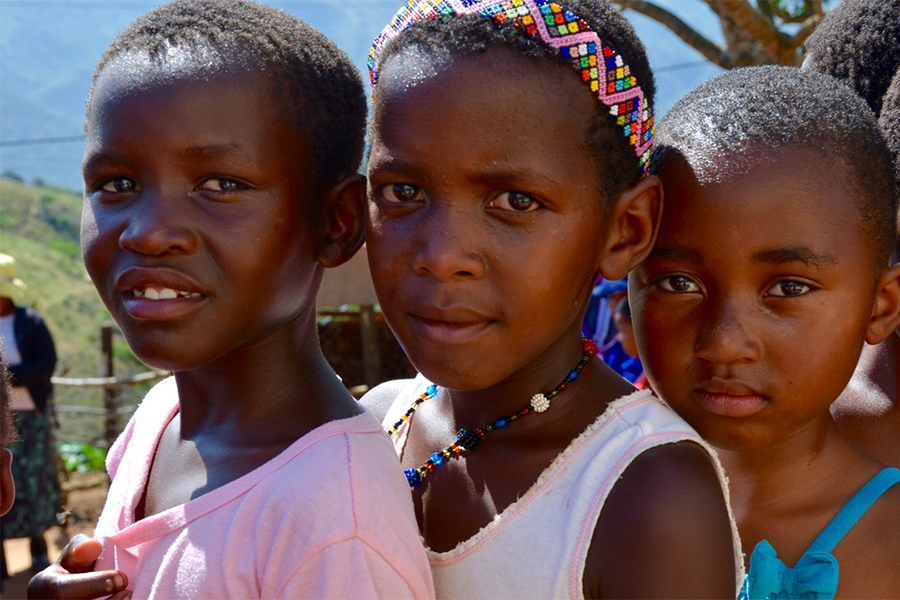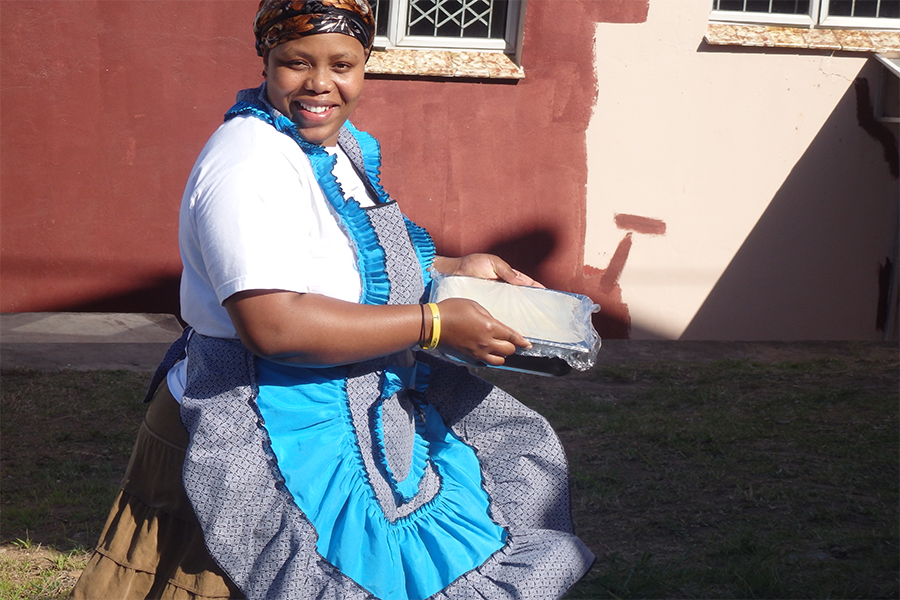See the beauty of
South AfricaA multiethnic society with a wide array of languages, religions, and cultures, South Africa recognizes eleven official languages. This is among the most recognized by any country in the word.
Learn more
South African Culture

DEMOGRAPHICS
- Population: 55 million
- Life Expectancy: 57 years
- Literacy Rate: 94.3%
- Religion: Christianity, Islam, Hinduism
- Official Languages: English, Zulu, Afrikaans, Ndebele, Northern Sotho, Sotho, Swazi, Tsonga, Tswana, Venda, and Xhosa

Culture
- South Africa’s diversity is celebrated in its nickname—the “Rainbow Nation”—a term frequently used, especially immediately following apartheid.
- Cuisine across South Africa varies greatly based on subculture and geographic location, but primarily meat-based meals led to the gathering now known as braai or barbeque.
- South Africa’s most popular sports are soccer, rugby, and cricket.
- Universal elections for South Africa were first held in 1994, and the African National Congress (ANC) won by an overwhelming majority. The ANC has been in power ever since.
- According to the 2015 UNAIDS Report, South Africa has more people living with HIV than any other country in the world—approximately 7 million people.
Program Overview
The Goal
The goal of this program is to equip, inspire, and mobilize the church to care for orphaned and vulnerable children within their communities. To empower this wholistic approach to orphan care, World Orphans and US churches connect with South African churches to provide Gospel-centered training and funding.
Funding
Funding for this program comes from a combination of church partnerships and individuals. This funding ensures that these children receive the following:
Food
Meals served with the families and at school on a daily basis
Medical Care
Access to medical services and monitoring for specific health needs
Education
Assistance with school fees, school supplies, and tutoring
Emotional Care
Counseling and mentoring through relationships with church members
Spiritual Care
Fellowship, prayer, discipleship, and encouragment
How it Works
Program Highlights
Our South African church partners work closely with the local government offices to identify and respond to needs in their communities. Programs include Home Based Care supporting orphans living in the community being cared for by grannies, the operation of a hospice care center, providing skills development training, and residential foster care homes. Every child’s story is different, but the common thread for all the children in the South African foster homes is that they are all double orphans, meaning both father and mother are no longer in the picture. The due diligence taken by the government-assigned social workers along with World Orphans selection criteria gives us a window into the child’s past and ensures that these children have a great foundation to begin to feel the comfort and security of a stable home environment.
Program Accountability
With long-term care of each child as our goal, World Orphans is serious about ongoing accountability. World Orphans staff members frequently communicate with the South African pastors and their team to monitor and assess each child and the overall structure of the program. The pastors are required to provide monthly financial reports on how funds were apportioned, as well as quarterly reports assessing the overall program as it relates to the impact on the church, the children, and the community.
